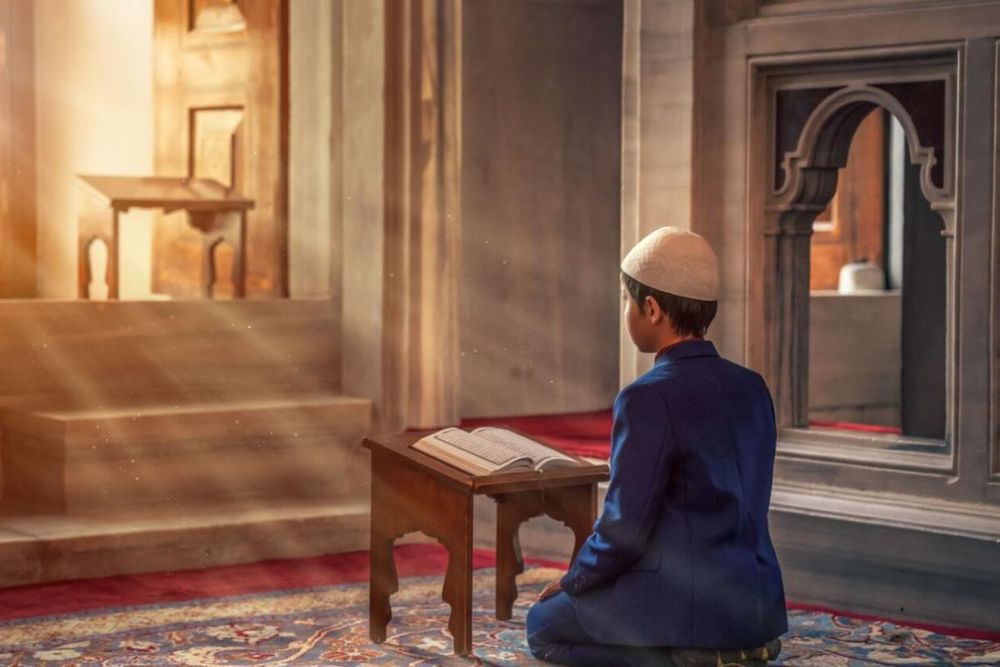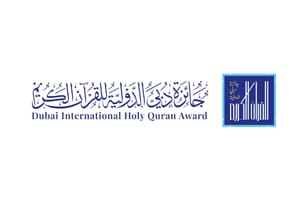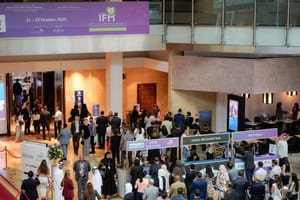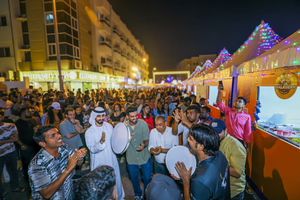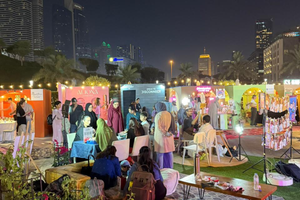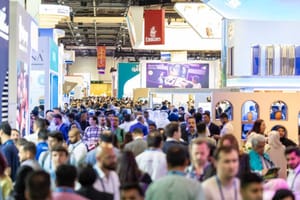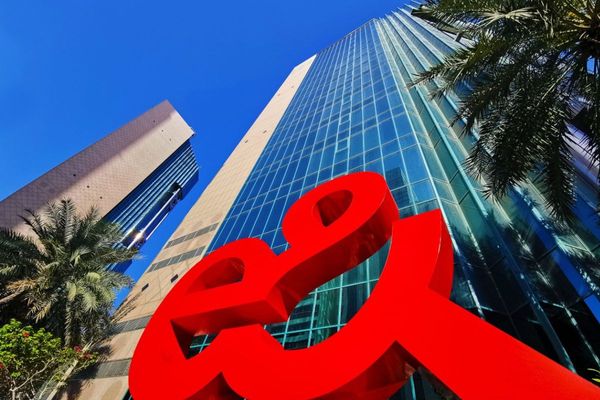Also read: UAE announces public holidays calendar for 2023
As the country begins to ready itself for the holy month of Ramadan, here are 6 important Islamic holidays celebrated in the UAE that you need to know about.
With a Muslim population of nearly 76%, the United Arab Emirates is officially an Islamic country and places great value on Islamic culture and heritage. There are plenty of Islamic holidays that the UAE celebrates with great seriousness, pomp, and splendour. These holidays are an integral part of the UAE's cultural fabric, and they provide an opportunity for the country's Muslim population to celebrate their faith and express their devotion to Allah. They are honoured and treated with much significance by both Muslims and people of all faiths.
As the country is gearing up to get ready for the holy month of Ramadan, here are 6 major Islamic festivals that are celebrated in the region of the United Arab Emirates. If you’re in the Middle East, it is necessary for you to gain knowledge about the religious significance of these Islamic festivals.
Eid Al Fitr (Holiday of Breaking the Fast)
During the holy month of Ramadan, Muslims fast in the duration from dawn to dusk, abstaining from food and water. At sunset, when the Maghreb Azan is called, they gather together with their family and, as the name suggests, break the fast.
Eid Al Fitr marks the end of this holy month of Ramadan. After an entire month of abstinence, Eid Al Fitr is a time of great joy and celebration where families and friends come together to share a large festive meal together and exchange gifts. In the UAE, Eid Al Fitr is celebrated with great pomp and enthusiasm, and the streets are adorned with colourful lights and decorations. Observers of this festival don new clothes and visit the mosque for their morning prayers before getting together and celebrating forgiveness, unity, and joy with the people closest to them. It is also a celebration of giving as Zakat or charity is one of the five main pillars of Islam and plays a very important role during Ramadan.
Eid Al Adha (Festival of Sacrifice)
Eid Al Adha or the Festival of Sacrifice is celebrated to commemorate the willingness of Prophet Ibrahim to sacrifice his son Prophet Ismail in obedience to Allah's command. On the verge of the sacrifice, God stepped down and in admiration of his obedience, presented a ram to be sacrificed instead, thus saving the son.
Eid Al Adha celebrates this spirit of faith and obedience and is marked by the sacrifice of an animal, such as a sheep or goat. The meat is then distributed among family, friends, and the poor. In the UAE, Eid Al Adha is a time for prayer, reflection, charity, as well as community service.
Milad un Nabi (Prophet Muhammad's Birthday)
The Prophet Muhammad (May Peace Be Upon Him) is regarded as one of the most prominent and inspiring figures in Islamic history and religion. The Prophet Muhammad's birthday is an occasion for Muslims to remember the life and teachings of the Prophet and to renew their commitment to his message of peace, compassion, and justice. In the UAE, the occasion is celebrated not in huge festivities but is rather regarded as a day of reflection on his life. It is a public holiday in the UAE.
Hijri New Year
The Islamic calendar is different from the Gregorian calendar that we typically follow in our daily lives. It begins on the first day of the month of Muharram and is 354 days long. This lunar calendar consists of the following months: Muḥarram, Ṣafar, Rabīʿ al-Awwal, Rabīʿ al-Thānī, Jumādā al-Awwal, Jumādā al-Thānī, Rajab, Shaʿbān, Ramaḍān (the month of fasting), Shawwāl, Dhū al-Qaʿdah, and Dhū al-Ḥijjah.
The Hijri New Year is a public holiday in the UAE and marks the beginning of the Islamic calendar. It is named ‘Hijra’ to commemorate the Prophet Muhammad's migration from Mecca to Medina, which marked the beginning of the Islamic calendar. In the region, it is celebrated and remembered as a time of renewal and growth of the Islamic faith and its people and is a very integral holiday.
Arafah Day
Arafah Day is the second day of the annual Hajj pilgrimage to Mecca and is a day of prayer and deep spirituality. Muslims gather on the plains of Arafah to pray and seek forgiveness from Allah. Another significance of the day of Arafah is that a fundamental verse in the Quran, Surah al Maa'idah 5:3, was revealed on this day. Fasting on the day of Arafah is greatly encouraged among Muslims as it is said to cleanse them of past sins.
Al Isra’a Wal Miraj (Night journey and ascension)
Al Isra’a Wal Miraj is known as the Night Journey and Ascension. In other words, it marks the remembrance of Prophet Muhammad's journey from Mecca to Jerusalem and his ascension to heaven. It is a time for Muslims to remember the significance of the Prophet's journey and his message of peace, love, and compassion. Earlier, Isra’a Wal Miraj used to be a public holiday in the UAE, but in 2019, it was announced that it was no longer considered a public holiday – instead, the Eid holidays are extended.
The UAE government and its people greatly value and place a lot of significance on these festivals as they are important landmarks in Islamic history and teach us a lot about the fundamentals of the religion of Islam. Regardless of if you’re a Muslim or not, it will always help to know more about these festivals so you can partake in the lessons that they impart and remain knowledgeable about the heritage of this country.
News Source: Khaleej Times
